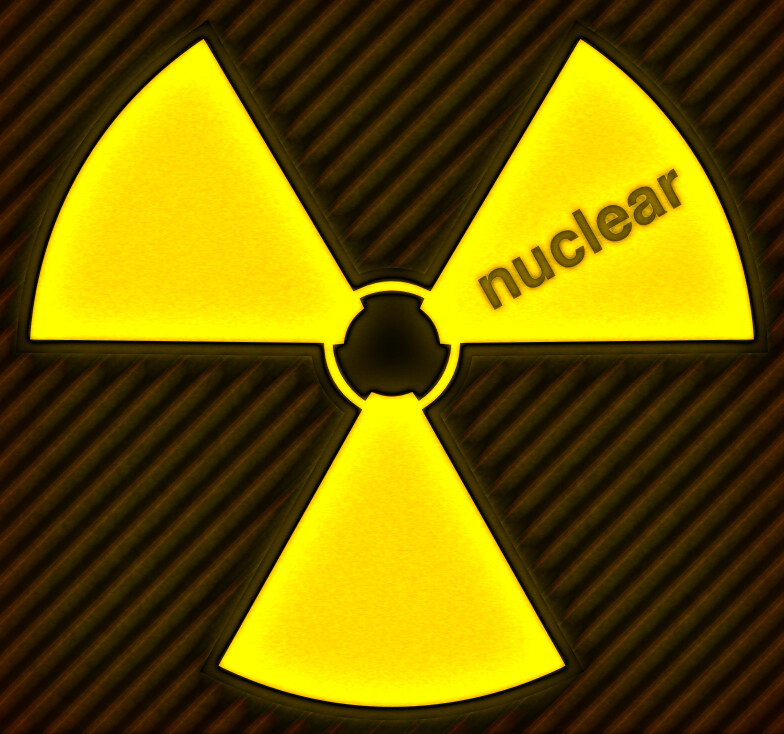
If you like to stay awake at night worrying about all that could go wrong, here’s something to haunt your dreams: What would happen if a nuclear power facility were to have a Chernobyl-style accident, poisoning your region pretty much forever? Or if a nuclear weapon were to malfunction? Or if nuclear wastes, which could be active for more than a thousand years, were to escape their storage?
None of those things has ever happened in the U.S., although we’ve come close a couple of times. And the reason is that the federal government, since the dawn of the nuclear age, has researched, regulated, and managed nuclear production and disposal. And done it well.
Basically, there are two parts to the government’s role: regulation of the private uses of nuclear power (producing electricity and nuclear medicine); and production, management, and disposal of government uses (basically, nuclear weapons and nuclear-powered warships). The Nuclear Regulatory Administration handles the first of these duties, regulating private companies that create or handle nuclear materials. It or its predecessor agency, the Atomic Energy Commission, have been doing this since 1946. The U.S. Department of Energy manages defense-related wastes.
And, really, whom else would we trust with these nightmare problems? Only government has the expertise, capacity, and steadfastness to manage a product that can harm humans for thousands of years after its useful life is over. (A product that, after all, that the federal government created in its Manhattan Project during World War II and researched and developed ever since.)
So if you enjoy the benefits of nuclear power and nuclear medicine but do not live in fear of radiation poisoning, you can thank government for it.
More information:
https://en.wikipedia.org/wiki/Radioactive_waste
https://www.nrc.gov/reading-rm/doc-collections/fact-sheets/radwaste.html
Give the credit to: federal government
Photo by Simon Strandgaard. Licensed under Creative Commons.
[…] the agencies charged with safeguarding Americans from nuclear accidents (something we wrote about in an earlier entry). If a nuclear accident were to occur, it may have serious long-term impact on human genes. But how […]